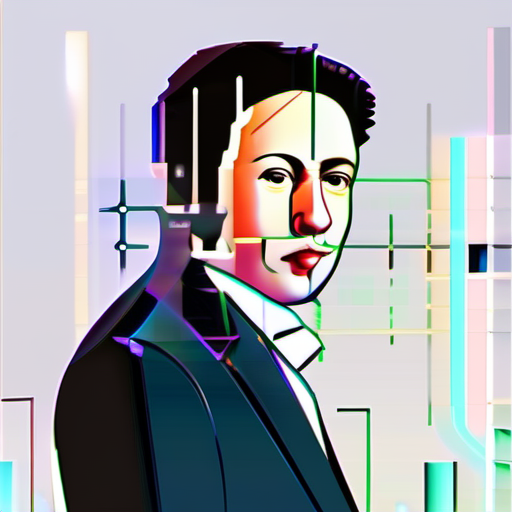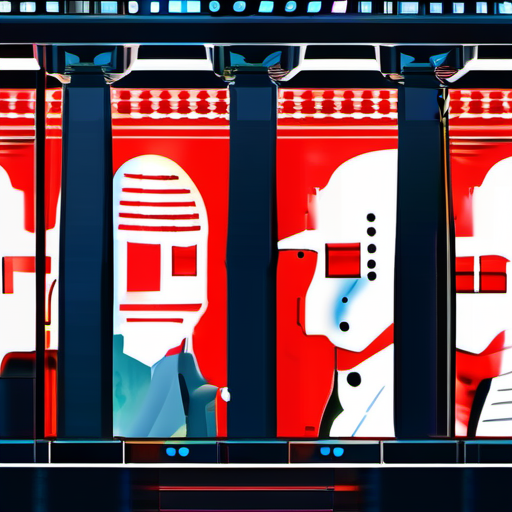Ex-OpenAI employee amici leave to file denied in Musk v OpenAI case?

Several ex-employees of OpenAI filed an amicus brief in the Musk v OpenAI[1] case. This proposed brief argues that OpenAI should not be allowed to move from its existing nonprofit structure to a for-profit structure. We now have an order on the motions to dismiss in the case. This order also seems to deny the motion for leave to file the amicus on behalf of the ex-OpenAI employees.
The order in footnote 1 has this to say on the amicus brief:
The Court also received requests to file an amicus brief by former employees of OpenAI. (Dkt. Nos. 152 & 154.) The proposed brief contains factual assertions and does not assist the Court’s understanding of the legal issues needed to resolve the instant motions. The requests for leave to file are therefore DENIED Moreover, at Dkt. No. 104 the OpenAI defendants request that the Court take judicial notice of certain documents relating to litigation between the parties in state court. The Court does not find the documents helpful to its analysis of this order and the request is DENIED.
In a previous post on this case, I noted at that time that the court had accepted amicus briefs from advocacy organization Encode Justice as well as the Delaware Attorney General. I think the DE AG is a different ball-game, you can see why a judge would be interested in accepting that brief, but it's interesting to me that the court accepted the Encode brief but not this one.
The Encode brief came in earlier and was addressing the motion for preliminary injunction, where the question of whether the nonprofit to for-profit move should be enjoined was up for consideration. That question was central to the Encode brief, similar to the ex-OpenAI employee brief. The different timing (before vs after consideration of the preliminary injunction) could be relevant here, since arguably the ex-OpenAI employee brief is coming in when that question isn't as relevant to what the court has to rule on in the immediate.
I'm also curious what the court means by "certain documents relating to litigation between the parties in state court". The ex-OpenAI employee brief talks a lot about the OpenAI Charter, is that what the court is referring to? If so, why wouldn't this be relevant?
UPDATE: A commenter on lesswrong explained that the documents referenced are unrelated to the Charter (see comment for details), and also gives some insight into why the brief was rejected. I'm leaving what's below because I think some of it is still somewhat relevant to why the brief was rejected and also to the broader issue of how to interpret all the action going on with the OpenAI nonprofit/for-profit saga.
In my previous post, I attempt to triangulate the central issue in the case:
In my view, the issue is a question of fact about whether the exchanges between the parties in the early days of OpenAI were sufficient to establish some type of trust, agreement, or similar commitment
Assuming this is the central issue, one problem with using the Charter could be timing. Depending on when Musk is alleging the agreement was formed, the Charter may simply have come too late to be relevant to the existence of an agreement. A general version of this could be that regardless of what OpenAI employees relied on, Musk himself might not have relied on those things (and we should assume he can argue himself whether he did or not without amici).
I personally think the Charter is one of the most important documents in terms of the general discussion around these issues, so I'm somewhat surprised if this is indeed what the court is referring to. At the same time, I'm unsure how relevant it is specifically to the motions to dismiss in this particular case (vs the OpenAI nonprofit situation in general) partially for the reasons above, so I can see why the judge might have ended up here.
Although there are several other parties in this case on both sides, I plan to refer to the case as "Musk v OpenAI", the plaintiffs as "Musk", and the defendants as "OpenAI". ↩︎

